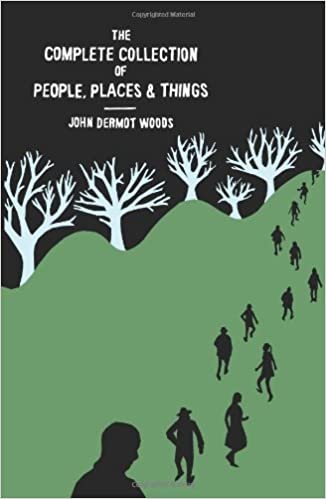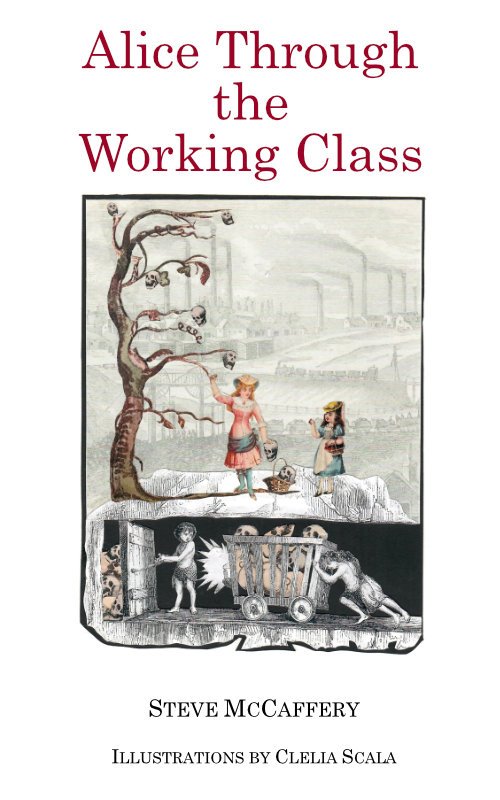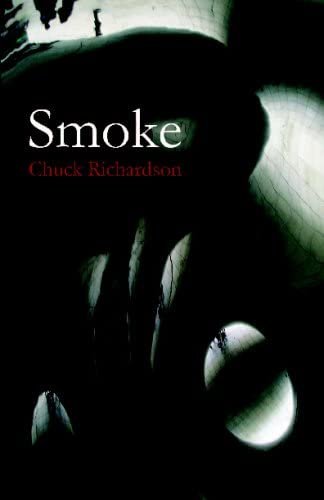Experiencing the heart and mind of a suicided murderer, Does the Moon Ever Shine in Heaven? gives voice to a killer’s disturbing passage through the Bardo Plane . According to the Tibetan Book of the Dead, the Bardo is the existential phase between death and re-birth where the soul confronts itself, trying to stave off its karmic pressure by confronting the active contents of its mind. Here, the narrator must go beyond the rage that would destroy him and everything else it can. The narrative voice must annihilate itself to make irrelevant that American way of life it once perceived as a legitimate provocation to violence. The narrator’s rage, at one point taking the form of Ayn Rand, chomps away at itself with the same ferocity as the bullets he fired. The perceived universe—a syzygy with the voices of Al Pacino as animus and Diane Sawyer as anima—sounds hugely compassionate, allowing for a kind of redemption beyond morality, where language itself carries the soul into the beauty and love it’s always wanted…Really.
Does the Moon Ever Shine In Heaven? invaded my dreams…I loved trying to figure out how Richardson did that…it's the first thing I've read in a long time that kept me tripping over myself at every moment in the best of ways. At a technical level, I'm amazed at the way Richardson was able to narratively stay in an "interior" space like that without letting everything slide into stultifying abstraction. You know what I mean: when a person tells you about a dream in great detail—it's usually captivating for about three seconds. What I love is the way [Richardson] generates fluctuating levels of diction and cultural reference that produce a constant pressure of confluence. I find myself thinking of Dante in Hoboken—or of a prayer wheel being set out in a hurricane. Italo Calvino gets some of this effect in his books of stories Cosmic Comics and T-Zero, and I'm also reminded of Rabelais's Gargantua and Pantagruel…
Daryl Scroggins, author of This Is Not the Way We Came In and Winter Investments
In Does the Moon Ever Shine in Heaven? Chuck Richardson sends Dostoekvsky's Notes From Underground into the information age: angst goes surreal, beyond identity, meets pop culture in the form of Captain Beefheart, Diane Sawyer, Ayn Ran, Michael Corleone and the beat goes on. A rampaging rip of a book that throws all expectation out the window—including normality itself. If you can handle the raucousness Richardson throws your way, you will laugh out loud. I did.
Jefferson Hansen is the author of a book of poetry, Jazz Forms (Blue Lion), plus a novel ...and beefheart saved craig(BlazeVOX). He edits AlteredScale.com.
Chuck Richardson is the author of two other novels—Smoke and So It Seams –and the collection Dreamlands: 3 Fictions, all from BlazeVOX [books]. His short-fiction, criticism and poetry have appeared in Thieves Jargon, eccolinguistics, Reconfigurations, Atticus Review, Blood Lotus Journal, Mayday, Full of Crow, Countercurrents, Z-Net, Mauro Nervi’s The Kafka Project and elsewhere. He lives in Western New York. You can follow his writing at http://chuckrichardson.blogspot.com.
Book Information:
· Paperback: 144 pages
· Binding: Perfect-Bound
· Publisher: BlazeVOX [books]
· ISBN: 978-1-60964-156-6





